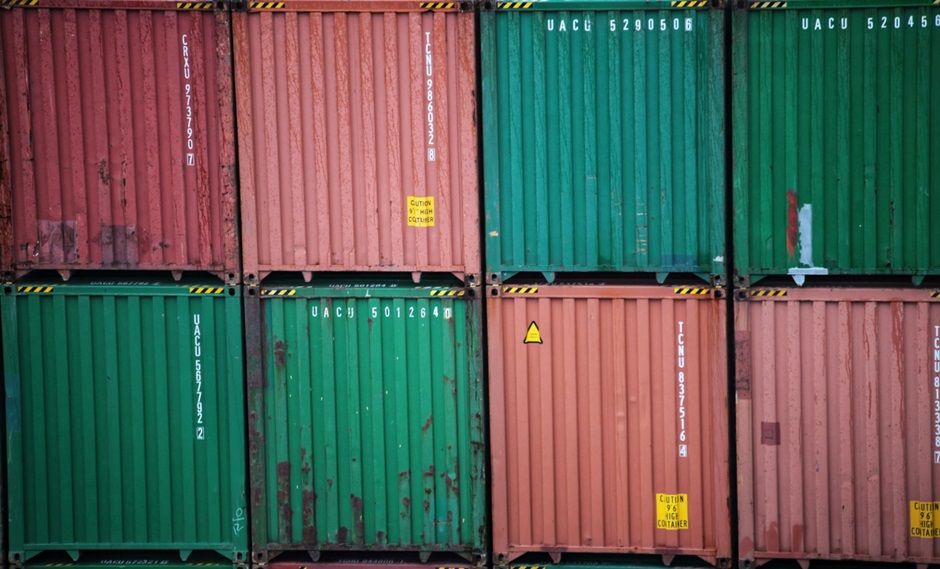Shipping containers are versatile and cost-effective solutions for a wide variety of personal needs, from storage and transportation to even building structures like tiny homes or workshops. However, with so many options available, choosing the right container can be a daunting task.
Understanding the different factors involved can help ensure you make the right decision. Here are five essential tips to consider when selecting the ideal shipping container for your personal needs.
1. Determine the Purpose of the Container
The first step in choosing the right shipping container is to clearly define its purpose. Will it be used for storage, transportation, or as a building material for a custom project? If you need a container for storage, you might be more concerned with size and security.
On the other hand, if the container will be used for shipping goods, you will need to prioritize durability, mobility, and the condition of the container to ensure it can withstand long-distance transportation.
2. Consider the Right Size
Shipping containers come in various sizes, the most common being 20 feet and 40 feet long. Depending on your needs, you will need to select a container that offers the right amount of space. A 20-foot container is ideal for smaller storage needs, such as tools, seasonal items, or smaller building projects.
However, if you are planning a large-scale move, construction project, or require more extensive storage, a 40-foot container provides twice the space.
3. Assess the Condition of the Container
The condition of the shipping container is crucial, especially if it is going to be used for long-term storage or as part of a building project. Containers are typically categorized as new, used, or “one-trip” containers.
New or one-trip containers are generally in excellent condition and are perfect for those who want something durable and with minimal wear. Used containers, on the other hand, are more affordable but may show signs of rust, dents, or wear and tear.
4. Choose the Right Container Type
There are various types of shipping containers designed to cater to different needs. Standard containers are suitable for most general purposes, but if you need something specific, consider specialized options.
For example, high-cube containers offer additional height, which is perfect for taller items or if you are converting the container into a living or working space. If you need to transport perishable goods or items sensitive to temperature, opt for a refrigerated container. You can compare shipping containers to choose the right type for yourself.
5. Factor in Modifications and Customization
If you are planning to use a shipping container for more than just storage or transport, you may want to consider potential modifications. For instance, if you are turning the container into an office, home, or studio, you will need windows, doors, ventilation, and possibly electrical wiring.
Many companies offer pre-modified containers or can customize them to your specifications. Keep in mind that certain modifications may require additional permits, especially if you are using the container for residential or commercial purposes.


